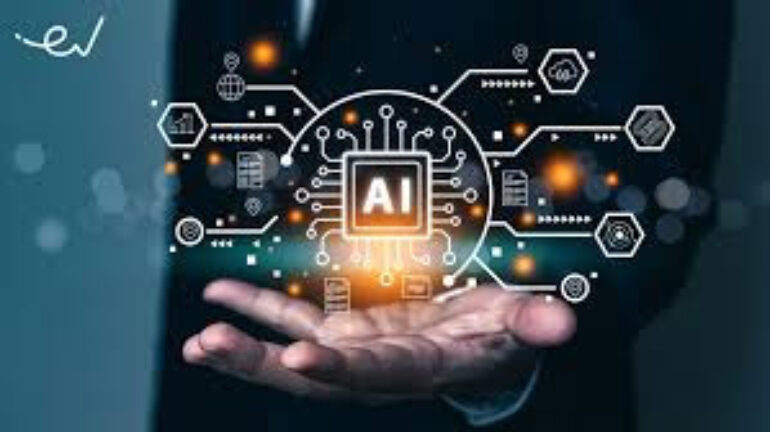
The field of education technology, or EdTech, has seen the rise of artificial intelligence (AI) as a transformational force, revolutionising how we teach, learn, and interact with educational content. AI’s use in education holds the prospect of particular learning experiences, increased teacher effectiveness, and better student outcomes as it continues to develop and integrate into numerous industries.
Personalised Learning Pathways
The ability of AI to design customised learning pathways for learners is one of the main contributions of this technology to education. In order to customise educational content and exercises, AI systems can analyse individual learning styles, preferences, and performance. This customization makes sure that students are given materials and assignments that are appropriate for their skills and needs, maximising their learning opportunities and results.
Adaptive Learning Platforms
Adaptive learning solutions backed by AI are becoming more popular in the educational space. Based on the development and performance of the student, these platforms use AI algorithms to adjust and modify the content, pace, and complexity of the learning materials. This flexibility guarantees that students are consistently and appropriately challenged, which promotes a deeper comprehension of the subject.
Intelligent Tutoring Systems
Intelligent tutoring systems powered by AI imitate human teaching by giving students individualised support. These tools can pinpoint problem areas, provide detailed instructions, and give immediate feedback. They give a personalised learning experience that improves understanding and retention by adjusting to the learner’s speed and comprehension level.
Automated Administrative Tasks
AI has the potential to automate administrative work for teachers, freeing up time that may be better spent on more meaningful interactions with pupils. AI systems can effectively handle tasks like grading papers, making schedules, and maintaining attendance. Teachers and students will both profit as a result of this automation because it frees educators to concentrate on instruction and mentoring.
Natural Language Processing (NLP) for Language Learning
A crucial part is played by NLP, a branch of AI, in applications for language acquisition. Platforms for learning languages that use AI can offer immediate feedback on vocabulary, grammar, and pronunciation. AI-powered language bots can hold interactive dialogues with learners, giving them a hands-on and immersive way to practise their language abilities.
Data-Driven Insights and Predictive Analytics
AI can analyze vast amounts of data generated by students and educational platforms to derive actionable insights. Educators can use these insights to understand student behavior, identify learning patterns, and predict future performance. This data-driven approach enables timely intervention and targeted support to struggling students, ensuring a proactive approach to education.
Content Creation and Customization
AI algorithms can generate educational content and customize it to suit specific learning objectives. This includes creating interactive quizzes, generating lesson plans, and even developing textbooks. AI-generated content ensures accuracy, relevance, and alignment with curricular requirements, benefiting both educators and learners.
Integration of AI and virtual reality
Immersive learning experiences could be completely changed by AI and VR. By adapting scenarios based on student behaviour and offering real-time feedback inside the VR world, AI can personalise virtual learning settings. In subjects that benefit from hands-on experiences in particular, this integration increases engagement and retention.
The role of AI in EdTech is vast and transformative, encompassing personalized learning paths, adaptive learning platforms, intelligent tutoring systems, automated administrative tasks, language learning enhancement through NLP, data-driven insights, content creation and customization, and integration with VR. The integration of AI with educational technology, which is expected to grow as the field does, has the potential to further optimise the learning process and improve education’s effectiveness, efficiency, and engagement. Embracing AI in EdTech is essential to prepare the educational system for a future where personalized, data-driven, and immersive learning experiences are at the forefront of education.
